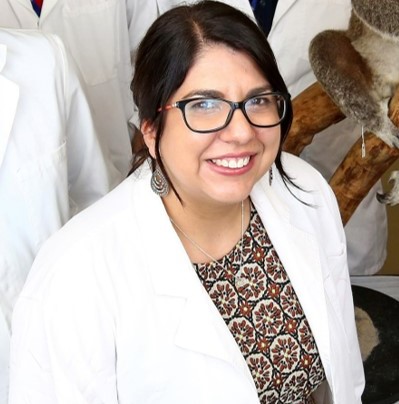Professor Palmer relocated to Adelaide from Toronto in 2014 to take up a new opportunity as Professor of Genetic Epidemiology at the University of Adelaide. He is currently leading the creation of several new resources in Adelaide, including the South Australian Family Connections Project. Before moving to Adelaide, Professor Palmer was a Senior Principal Investigator and Program Director at the Ontario Institute for Cancer Research, and a Professor of Biostatistics, Epidemiology, and Obstetrics & Gynecology at the University of Toronto.
Together with many partner organizations across Ontario, Professor Palmer led a large-scale expansion of the provincial capacity in translational epidemiology. From 2010 to 2014, he was the founding Executive Scientific Director of the Ontario Health Study (www.ontariohealthstudy.ca/), the largest population-based cohort study (n=230,000) ever undertaken in Canada. Prior to moving to Canada, Professor Palmer was the foundation Winthrop Chair in Genetic Epidemiology and the founding Director of the Centre for Genetic Epidemiology & Biostatistics at the University of Western Australia, where he was also a Professor in the Schools of Medicine & Pharmacology and Population Health. Whilst in Perth, he was responsible for establishing over ten major clinical and general population-based cohorts, including the WA Twins Register, in addition to National research programs in glioma and mesothelioma.
Until 2003, he was an Assistant Professor of Medicine at Harvard Medical School and the Director of Statistical Genomics at the Channing Laboratory, Boston. His background includes training in clinical epidemiology, human genetics, bioinformatics, and biostatistics. He has a particular interest in the areas of life-course genetic epidemiology, the developmental origins of health and disease (DoHAD), and chronic disease clinical and genetic epidemiology. Professor Palmer has been recognized for his leadership role in biomedical research by numerous awards, including Fulbright and Churchill Fellowships. He has chaired and/or given invited symposia at over 60 international scientific meetings, has delivered over 300 invited lectures, has produced over 300 publications, and has co-edited a commercially successful encyclopedia of genetic epidemiology that has become a standard reference work. Professor Palmer has extensive experience in constructing and using ‘big data’, particularly linked health data, for translation-oriented research. His research team in Adelaide is focused on applying deep learning methods to clinical problems and is active in producing new software and methods for data analysis and visualization.

























